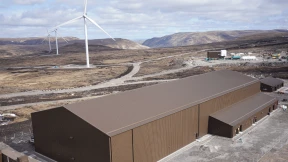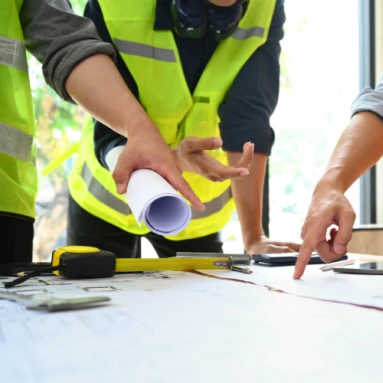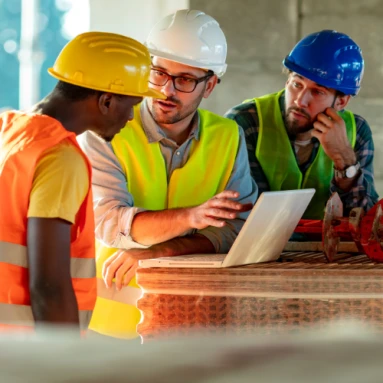Sustainability & CSR
Social Responsibility
As Global Infrastructure continues to grow, our commitment to the highest standards in health, safety, environment, and quality remains central to how we operate. At the heart of this is our deep-rooted focus on social responsibility, already embedded in our culture, from employing local talent and supporting community initiatives to prioritising employee development and protecting the environment.
As we expand, we recognise the need to build on this strong foundation through a more structured and internationally recognised approach. We actively promote workforce wellbeing, invest in the communities we serve, and embed ethical conduct, human rights, fair operating principles, and environmental responsibility across our operations and supply chain. In doing so, we aim to create lasting value for society, the environment, and the economy.
To reinforce this commitment, we are aligning our efforts with ISO 26000, the global standard for social responsibility. This framework enables us to more effectively integrate social, environmental, and ethical considerations into our decision-making and long-term strategy. It also strengthens our practices, enhances transparency, and ensures that our partners and supply chain share our commitment to sustainable development and responsible business.
Sustainability
At Global Infrastructure, we recognise the urgent need to address climate change and take full responsibility for the environmental impact of our operations. We are committed to reducing emissions across our activities and supply chain, working in close collaboration with stakeholders, who share this responsibility.
To support this, we have developed a bespoke carbon measurement tool which allows us to monitor performance and capture both direct and embodied carbon. This insight enables us to identify key areas for improvement and track progress over time.
Our approach includes a wide range of proactive measures aimed at reducing environmental impact. These include reusing materials on site, implementing robust waste recycling processes, adopting the most fuel-efficient plant and equipment, and using biofuels where appropriate. We have also invested in electric vehicles and installed charging infrastructure across our premises, while continuously evaluating alternative materials with lower embodied carbon at the point of manufacture. Our approach encompasses a comprehensive range of proactive measures.
We have established a dedicated Sustainability Committee. This group will lead on setting and reviewing environmental targets, while exploring best practice in circular construction methods, with the aim of achieving carbon-neutral, and ultimately carbon-negative, outcomes.







